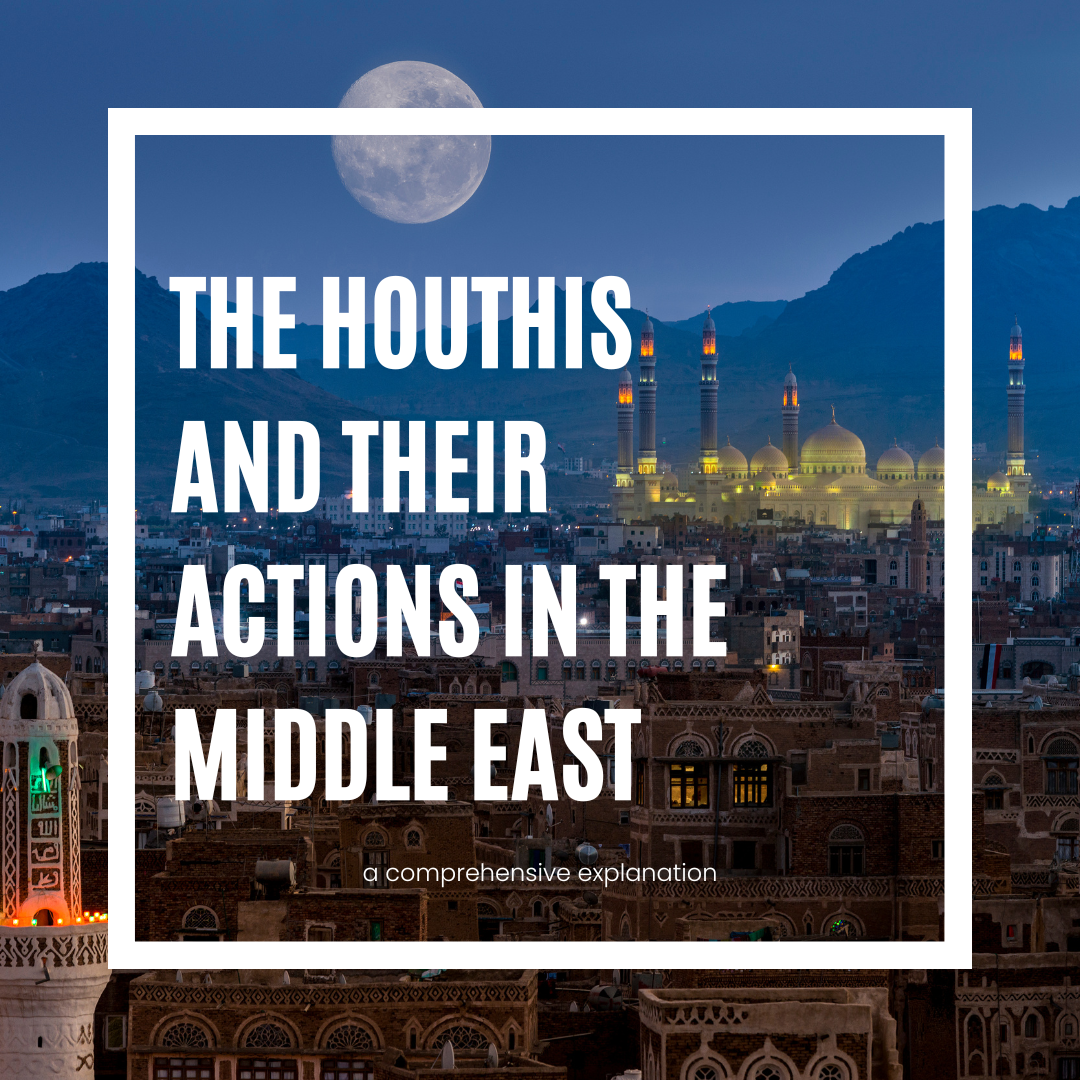Amidst the ongoing Israel-Hamas war, Yemen’s Houthis – a military group that rose to prominence by rebelling against Yemen’s internationally recognized government – have been carrying out a series of attacks on commercial ships in the Red Sea. In response, the U.S., along with the U.K., has launched multiple airstrikes against Houthi targets.
The attacks by the Houthis began shortly after the start of the Israel-Hamas war, to which the group has stated their support for Hamas. The Houthis claim that these attacks are intended to pressure Israel and its allies to stop the war in Gaza and that their operations will cease once the war has ended and Israel’s siege on the territory has been lifted.
Aside from their conflict with the US, the Houthis have been in conflict with Yemen’s government since 2004, when their founder and former member of the Yemeni parliament Hussein Badreddin al Houthi was killed by security forces. Since then, supporters and relatives of al Houthi have staged six uprisings against the government.
From 2012-2013, the Houthi began gaining more followers and allies as the government under then-president Abdrabbuh Mansur Hadi was largely unpopular. In September 2014, the Houthis took over Yemen’s capital Sanaa and began the ongoing Yemen civil war.
In January, the U.S. announced that the Houthis would be designated as a terrorist group after a 30-day period if they did not stop their attacks. This comes nearly three years after the Biden Administration had originally removed the group from the U.S. list of officially designated terrorists in an effort to garner peace with the group and bring more humanitarian aid to Yemen.
Despite the constant airstrikes against the Houthis and their territories, they have not waned in their attacks. While initially only attacking Israeli-linked ships, the Houthis expanded their attacks to include British and U.S. ships after the two nations launched airstrikes within Houthi-controlled territories in Yemen.
Following the death of 17 Houthi fighters after U.S.-U.K. airstrikes, the group held public funerals and regarded the fighters as “martyrs” as stated on their social media. According to one of the mourners, Abu Moataz Ghalib, these “martyrs” convey that “it is absolutely impossible for [the Houthis] to abandon [their] position.”
This conflict marks further tensions between the U.S. and other Middle Eastern countries. The continued attacks by the Houthis in the Red Sea represent the group’s efforts in resolving the Israel-Hamas war, however it has so far brought more problems to light.


